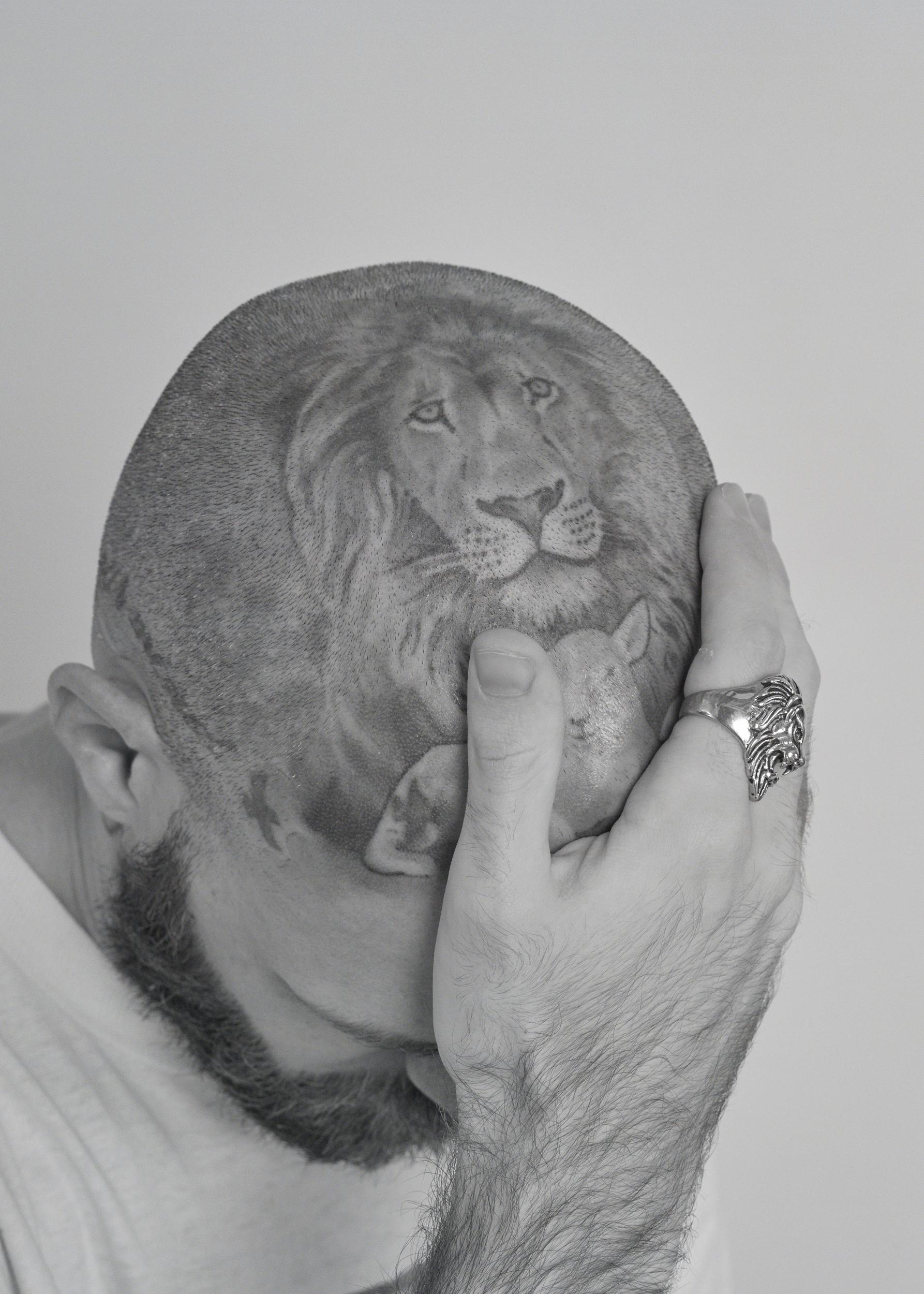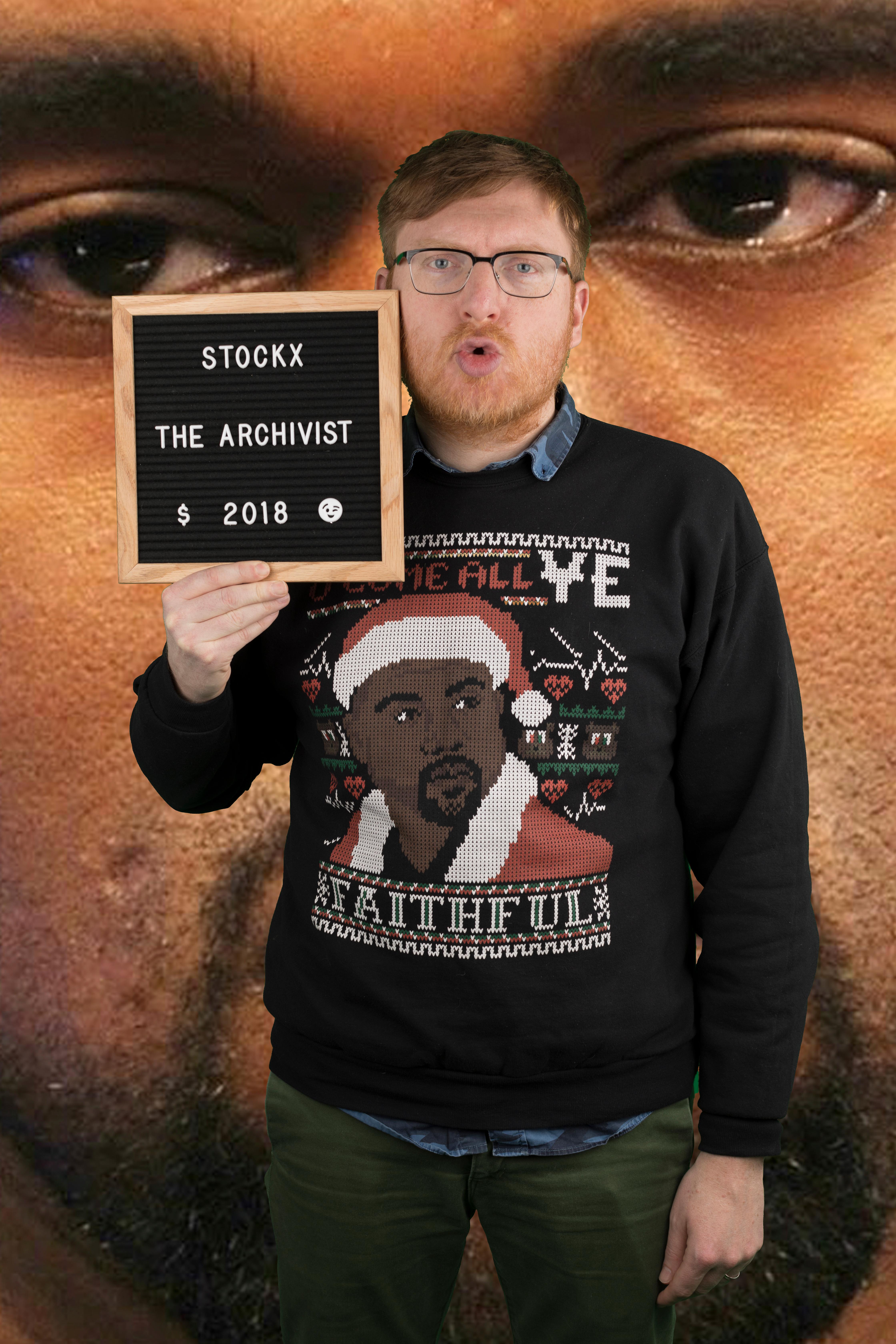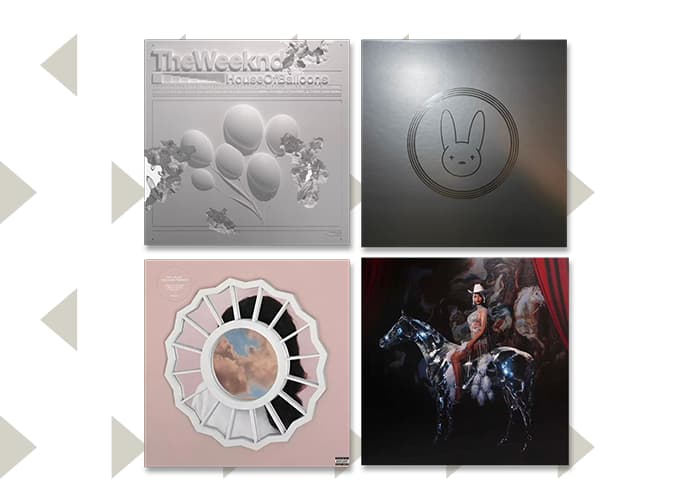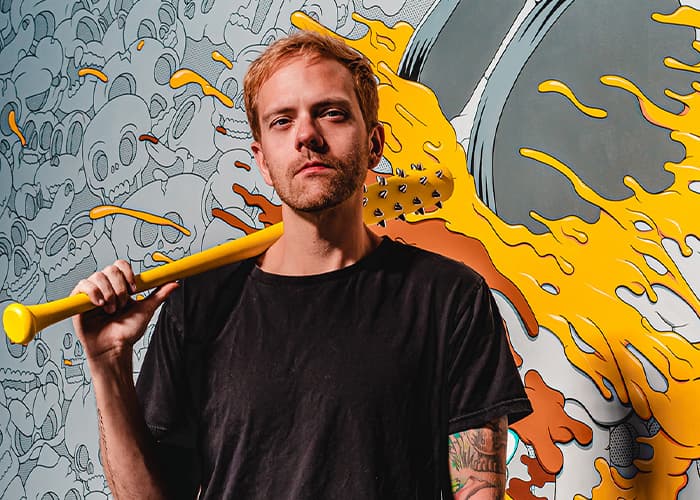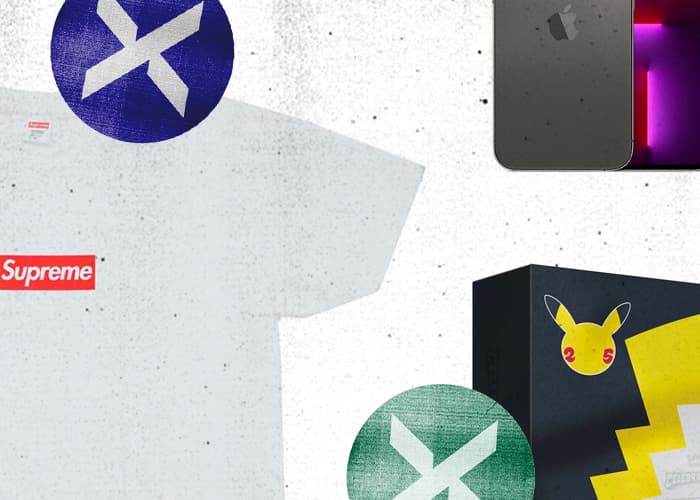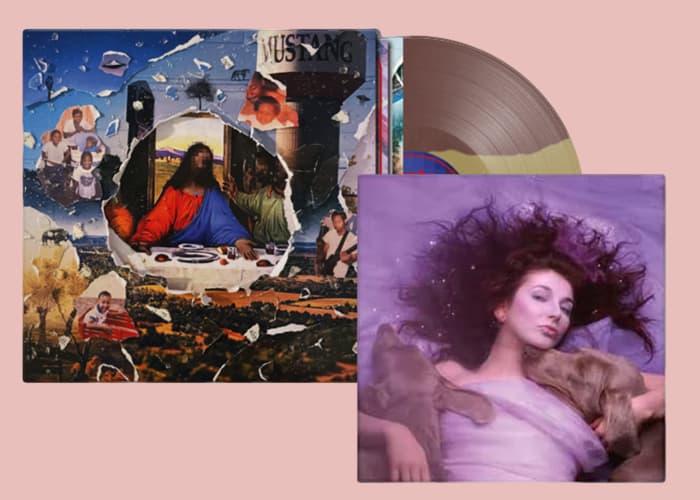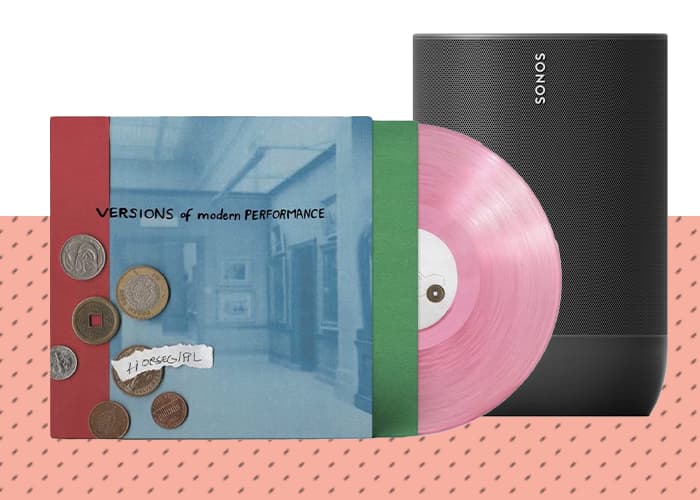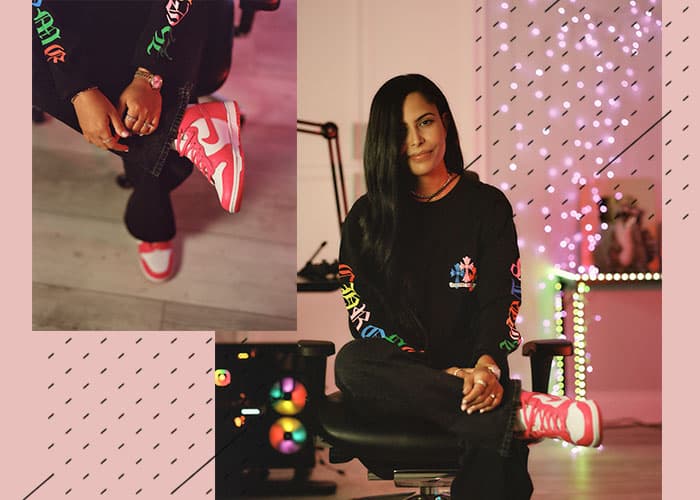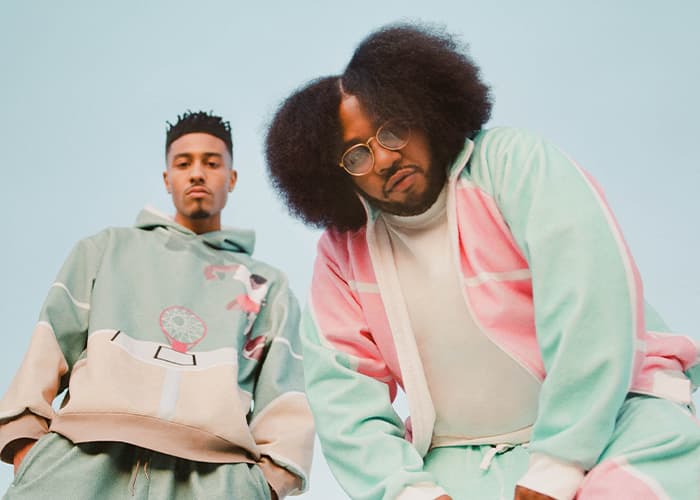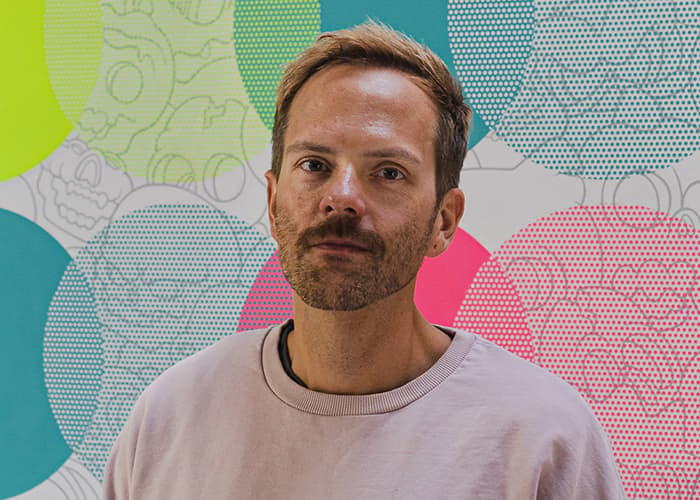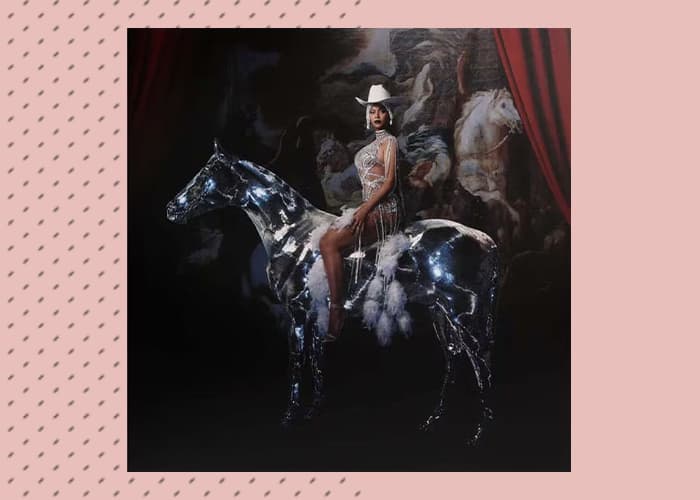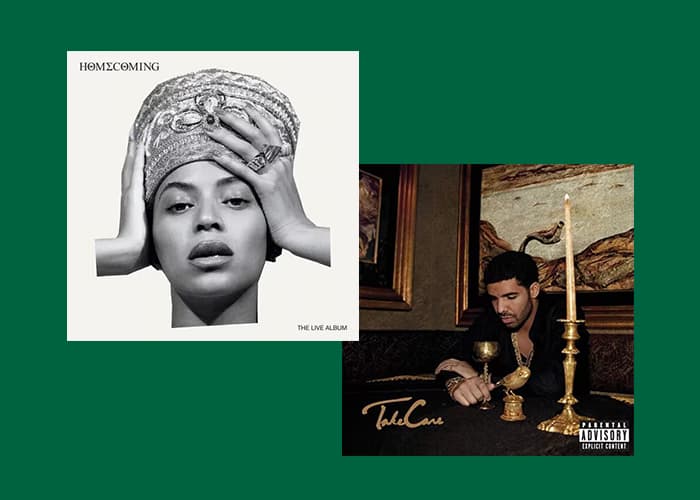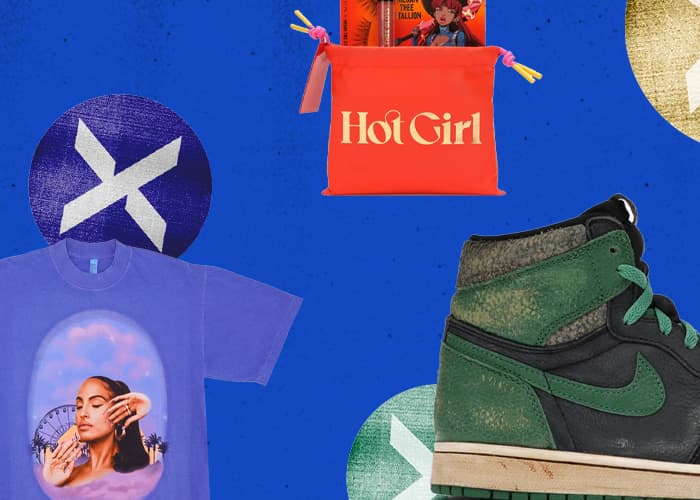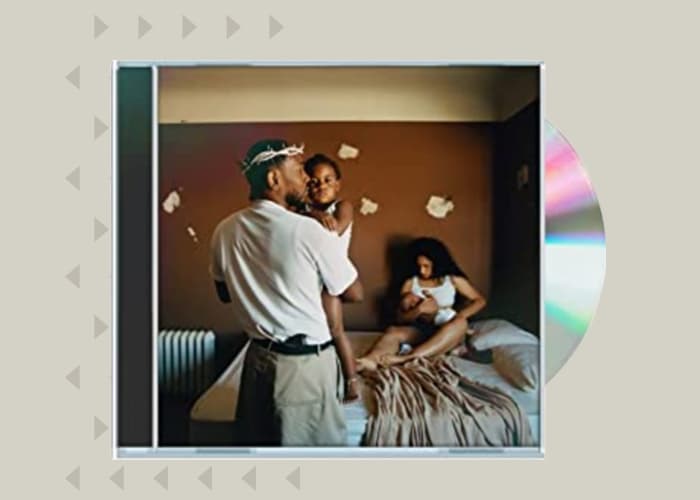“Detroit Hustles Harder” sloganeering has been great for the t-shirt game and for promoting a regional rebirth grounded in hard work and perseverance. But if there’s someone who truly exemplifies this slogan and offers the best of Detroit’s spirit and culture, it’s Drew Drialo. From crashing early internet message boards, promoting artists at 14, to his work with JMSN, Flint Eastwood, Sam Austins, and Assemble Sound, his life and work are inextricable from the city he loves.

Brightmoor Family
Drew grew up in Brightmoor, on the west side of Detroit. His mother’s family was from the neighborhood. So after his mom and dad divorced, he and his mom stayed put, close to family. “All my family was in the area, ” Drew smiles, “every block had someone there.” He still has family close to the neighborhood.
Beyond being close to his family, growing up in Brightmoor was great. For Drew, his childhood was nothing but love. He certainly never had any negative thoughts about Brightmoor. He says, “I never thought of it as a bad area or anything; it’s more abandoned than bad.” Growing up in Brightmoor were some of the “best times” in Drew’s life.
However, by the time Drew turned 15 or 16, some family darkness began clouding his horizon. Drew was really close with his mom. But by his mid-teens, his mother became caught in a cycle of domestic and substance abuse. This deeply impacted Drew. For Drew, the end result was that he had to distance himself from that energy: “Now I visit once every two months, but I can’t get too close because that world is too heavy.” He needs the distance “If I want to live a positive life.”

The Music
Drew has always been a hip-hop fan. Some of his best memories from growing up in Brightmoor involve listening to hip-hop. His love of hip-hop comes from his mom: “My mom loved rap music,” he says. They would ride around the neighborhood listening to Too Short or 2 Live Crew because his mom liked “raunchy shit.”
Some of the most evocative moments from his childhood involve hip-hop. “I don’t remember when Kurt Cobain died,” Drew admits, “but I remember when Eazy-E died.” Drew and his mother were driving home in their station wagon when the news of Eazy-E’s death broke over the radio. His mother double-parked their car and ran into a neighbor’s house to confirm the news. Eazy-E’s death was deeply felt by his mother, “she might have been crying,” Drew says. Two years earlier in ’93, when Drew was 5 or 6, he remembers rolling into Ronnie’s Liquor Store with his older brother to buy Snoop’s “Doggystyle.”
The Hustle
Drew’s epochal moment occurred when he was eleven and he listened to infamous Detroit hip-hop legend Esham for the first time. Like so much in Drew’s life, it was family that helped shape his destiny. “My cousin from Tennessee brought over an Esham tape and I got absorbed into that world,” Drew remembers. After hearing Esham it was over, Drew was hooked. Hip-hop had formed the musical core of his early childhood, and now he found something else about the music that would ultimately shape his adolescence and adulthood.
Drew has never been one to do anything half-assed when he’s passionate about something, and Esham opened a gateway to more local artists. He lived and breathed Esham; he proselytized for artists like Esham, Raw Collection, D12, Street Lordz and more. Like a Brightmoor version of Radio Raheem, Drew would copy Esham CDs to tape and then walk around blasting the cassette to try and turn people on to the music. At school, Drew would play Esham CDs for his classmates hoping to spread the gospel of Esham’s acid rap. Drew was doing all of this strictly for the love of the music he thought should know. “At 14 I knew I wanted to do promotions,” Drew laughs.

When Drew was 13 or 14, he convinced his mom to get him a computer. This would prove to be just as important as hearing Esham. With access to the internet, Drew patrolled the hip-hop message boards, particularly DetroitRap.com. Participating on the message boards is where he truly got his start. “The guy that owned DetroitRap.com had a problem with Detroit,” Drew explains, “so I called him up and told him to sell the domain on eBay.” At 14, Drew was making internet power moves.
At the same time when Drew was pushing for the sale of DetroitRap.com, he was also running his own music database devoted to the history of Michigan music. Through this database, Drew met an early mentor, Detroit promoter Uncle P. Drew was able to convince Uncle P to purchase DetroitRap.com and Drew ultimately ended up running the site. Before Drew hit 20, he established himself as an important fixture in Detroit hip-hop.
To Hell and Back
By the time Drew turned 20, he had started to burn out promoting and working in the music scene. He decided to take a step back and focus on carpentry. Things were going well for a while: he owned a home and was in a serious, long-term relationship. Unfortunately, things took a turn for the worse. His relationship ended; he lost his home to foreclosure. By 22, Drew was homeless, living out of his car in the dead of winter. On top of everything else, he slid into a deep depression. A failed suicide attempt was Drew’s rock bottom. When he realized that he wasn’t going to die, he thought “am I going to try and kill myself again and die, or am I going to live a life with meaning?” We know which path he chose and we’re thankful for it. In fact, this profile is the first time he’s spoken publically about his attempted suicide. For Drew, this is a moment where he can offer himself as an example to “try and help other people.”

Since Drew decided to live with a newfound sense of purpose, he’s expanded Detroit and Detroit-artists’ profile nationwide. He returned to promotions and leveraged his online knowledge for some deep marketing, what Drew calls “guerrilla marketing,” consisting of targeted online ads. This is what led Drew to start working for Assemble Sound.
“I ended up working with Assemble before it was even called Assemble,” Drew explains. The connection with Assemble co-owner Garret Koehler was made in 2013 when Garret was working on bringing the X Games to Detroit. At the time, Drew and his partner, Vince (Trpl Blk of the Bruiser Brigade), were scoping Steve’s Soul Food’s parking lot to plan an event when Drew saw a Facebook story about Detroit’s X Games bid and knew he had to be involved. Drew emailed Garret, and they started to build from there. Garret asked Drew to help raise sponsorship dollars for a music festival called Assemble, which fell through, but Assemble Sound was born.

The Style & the Music
In addition to Drew’s passion for Detroit and his humbleness, he has a unique style. No surprise, his sartorial origins come from his family and hip-hop. After his parents’ divorce, his mom eventually remarried. His stepdad cleaned out houses and apartments following evictions, moves, estate sales, etc. Oftentimes people would leave things behind and Drew’s stepdad would bring things home. “I got a pair of Jordan 12s and felt 100 times cooler than ever,” Drew says. From here, Drew hopped on karmaloop.com and began exploring his sense of style.

As we know, Drew was heavy into hip-hop growing up and he says, “every artist has a look.” So Drew knew he had to cultivate a look, too. Drew is quiet, so he uses fashion and style to speak for him. One of his first statement pieces was a pair of all red Filas he bought from Mr. Alan’s. “I remember kids wanted to talk to me, I think the shoes jumpstarted that,” he says. Ever since he’s been crafting his own sense of style.
Drew describes his style as “casual but cool.” Drew is very thoughtful about his style because he views fashion as another art form, another way to express himself. This is true of his distinctive head tattoo. He thought about getting his head inked for 5 years, and when he was ready, he had it done in one 6 hour session. He shrugs, “in a lot of ways I feel like an artist, I can’t paint, so I use fashion.” He prefers to be cozy, but always wants to wear one piece that “set’s everything off.” For Drew, his statement pieces are usually his footwear or jacket. He laughs, “now that I’m a little better off financially, I’ll dress even sweeter.”

For the Culture
“Everything I do is to create a better community and push forward the culture I’ve gravitated towards since I was a kid. I want to help people,” Drew says. He works as hard as he does and remains as humble as he is because he was inspired by the late D12 rapper Proof. Explaining Proof’s significance Drew says, “Proof was the glue, he merged the hood and backpack crowd.” Or to put it another way: the city and the suburbs. “Anytime people were beefing, Proof tried to stop it,” Drew continues. Drew never met Proof, but was devastated by Proof’s 2006 death. Going full circle, Drew considers Mikey Eckstein (a close friend of Proof and Tour Manager) and Mark “Doughboy” Hicks (Manager and friend) as personal friends and mentors. “I always want to circle back and acknowledge the OGs who paved the way,” Drew says.
Drew has been able to succeed because he’s always authentic, always himself. Drew views his very authenticity in terms of Detroit: “I am Detroit, the spirit, the soul in general.” It is this view of himself and his work that will help him achieve personal and professional success. When asked what success looks like, Drew is very clear: “Freedom, financial and spiritual, and not being chained to someone’s vision of what I should do and be.”
To achieve this goal, Drew is now focused on leaving a lasting mark on Detroit. He concludes: “Everything I do is for a bigger vision. I’ve never done anything for a quick paycheck. Everything I do is for my legacy when I’m no longer here.”


